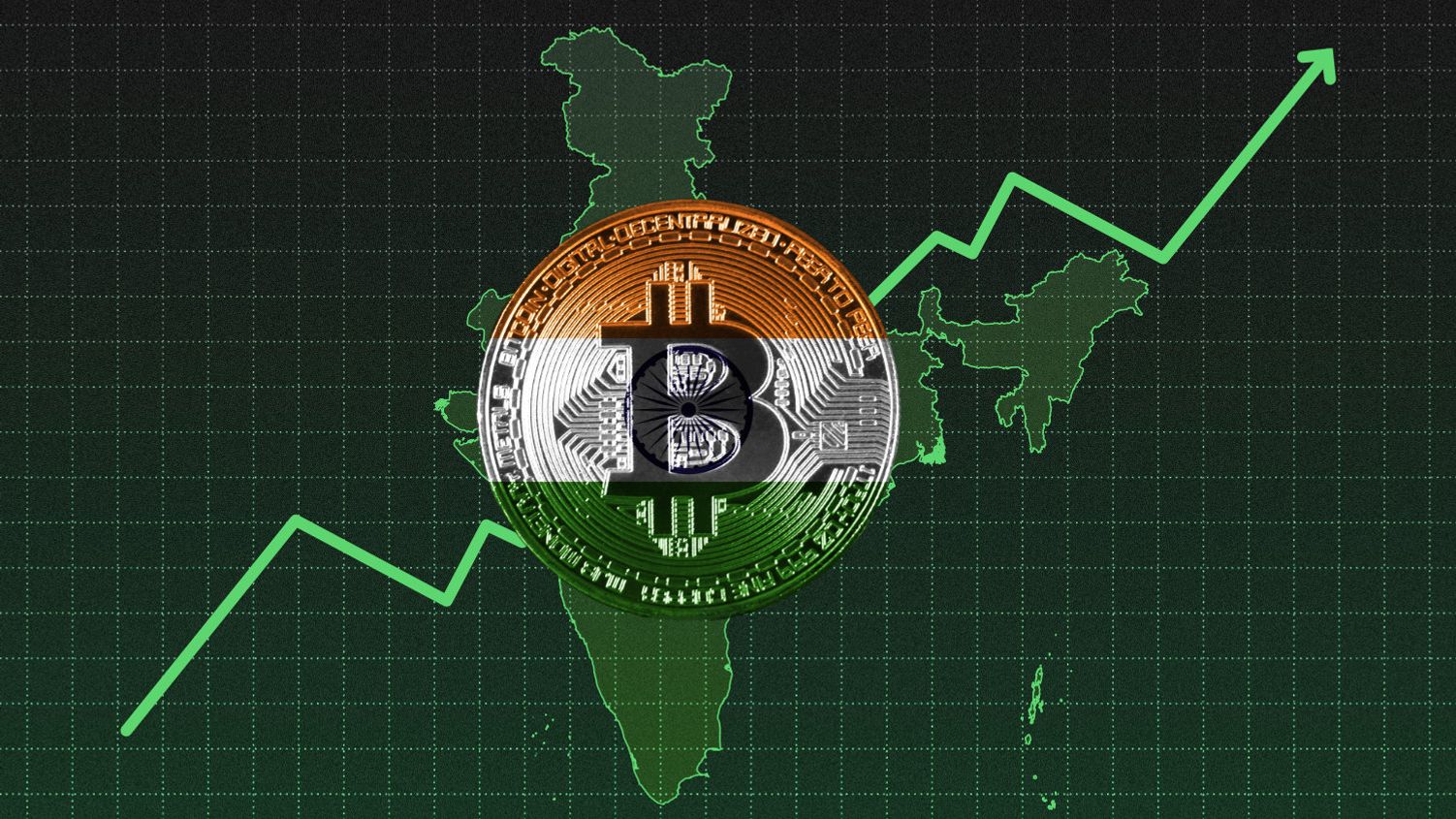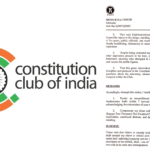In today’s world, where geopolitical tensions, ideological divides, and economic volatility are on the rise, crypto assets have transcended their status as niche, experimental technologies. They are increasingly asserting themselves at the core of the global financial system.
Lagarde’s Call to Action at the IMFC
Christine Lagarde, President of the European Central Bank, emphasized this shift during April 2025’s International Monetary and Financial Committee meeting. She urged policymakers worldwide to recognize the seriousness of challenges posed by crypto assets and to prepare accordingly. Lagarde also underscored the importance of adopting prudent financial measures and strengthening international cooperation on crypto regulation.
Concerns from Global Standard-Setters
Lagarde’s warning echoes the growing apprehensions voiced by institutions such as the Bank for International Settlements (BIS), the International Monetary Fund (IMF), the Financial Stability Board (FSB), and the Basel Committee on Banking Supervision (BCBS). Recent reports from these bodies make it clear that risks linked to stablecoins, decentralized finance (DeFi), and rising institutional adoption have reached systemic levels. Addressing these threats demands coordinated policy-making on a global scale.
IMF’s View: Growth Meets Volatility
The IMF’s Global Financial Stability Report (GFSR) released in April 2025 sheds further light on the situation. According to the report:
-
Bitcoin’s Surge and Institutional Interest: Since late 2024, Bitcoin has generated significant returns, and investments in Bitcoin exchange-traded products (ETPs) have surpassed $100 billion. This milestone indicates growing approval from both retail and institutional investors.
-
Expansion of the Stablecoin Market: The total market value of stablecoins has exceeded $200 billion, driven largely by positive regulatory expectations in the United States.
However, this rapid expansion has been accompanied by renewed volatility. Bitcoin’s price has fallen by up to 25% from its peak this year. The IMF highlights that equity market fluctuations now have a direct impact on Bitcoin, signaling a deeper correlation between crypto and traditional financial assets. This implies that heightened instability in crypto markets could reverberate across the entire financial system.
Risks for Emerging Economies
The IMF also warns that the swift adoption of crypto—especially in developing and emerging economies—without clear regulatory frameworks could trigger capital flight, undermine monetary sovereignty, and increase the risk of illicit financial activities. Consequently, the IMF recommends establishing transparent regulatory structures, monitoring tokenization, and aligning with the FSB–IMF global roadmap.
Why Coordinated Regulation Is Essential
Leading regulators agree that effective oversight is the most powerful tool to mitigate these risks. A globally harmonized monitoring framework would:
-
Eliminate regulatory discrepancies that create loopholes
-
Deter illicit transactions
-
Support financial stability
-
Encourage responsible innovation within the crypto space
Institutions such as the ECB, IMF, BIS, FSB, IOSCO, and BCBS have been issuing consistent warnings: crypto assets can no longer be dismissed as peripheral technology. Their deepening integration into finance necessitates an organized, unified policy response.
India’s Hesitation and Potential Vulnerabilities
Amidst this global push for crypto regulation, India’s relative silence is surprising and potentially risky. Although India has taken some steps related to taxation and anti–money laundering measures, it has yet to establish a comprehensive regulatory framework or clarify its policy stance. This lack of clarity is particularly striking given India’s leadership role in the G20’s crypto roadmap.
Balancing Innovation and Stability
It is crucial to understand that the aim of regulation is not to stifle innovation but to ensure it unfolds in a secure, transparent, and sustainable manner. The real question today is not whether to regulate crypto, but how to do so in a way that safeguards both domestic and global financial stability.





